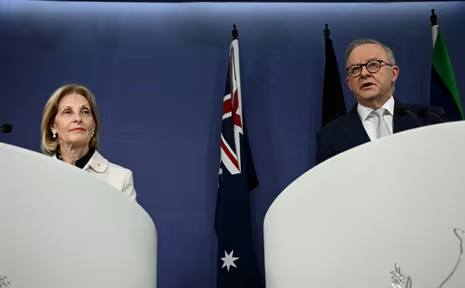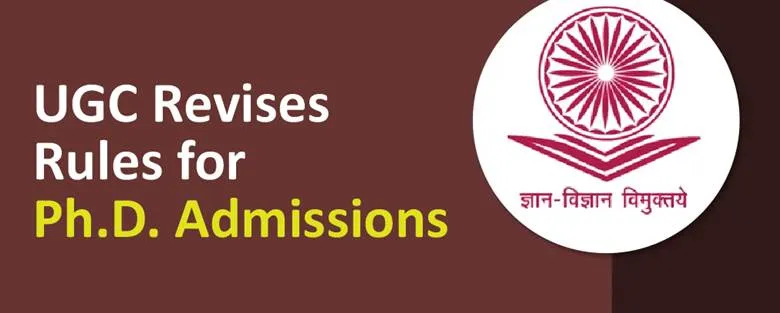Australia may slash university funding over rising antisemitism incidents
Australia Mulls University Funding Cuts in Wake of Rising Antisemitism on Campuses
Amid mounting concern over a sharp increase in antisemitic incidents across Australia’s universities, the federal government is actively considering a significant policy shift that could tie public university funding to the institutions’ response to antisemitism. The proposal, which is gaining traction in political and academic circles, comes at a time when Jewish students and staff have increasingly reported feeling unsafe on campuses due to inflammatory rhetoric, discriminatory behaviors, and targeted harassment. While no formal decision has yet been made, the discussion reflects a broader attempt to hold universities accountable for ensuring inclusive and safe learning environments.
The context behind the proposal lies in recent national data and anecdotal reports indicating that antisemitic incidents ranging from hate speech and vandalism to classroom hostility have surged since 2023. Much of the reported escalation has followed global events, particularly in the Middle East, which have been accompanied by pro Palestinian activism on campuses. While freedom of expression remains a pillar of academic life, authorities are now drawing a distinction between legitimate political protest and hate fueled behavior targeting specific religious or ethnic groups. The proposed funding review mechanism is aimed at encouraging institutions to take stronger, measurable action.
A task force appointed by the government has been working closely with student unions, religious communities, and university administrators to gather data and consult on appropriate responses. The task force has reportedly recommended a tiered approach to enforcement universities found to be consistently negligent in addressing antisemitism could face warnings, followed by a reduction in federal research grants or infrastructure funding. In cases of persistent non compliance, funding cuts could be more severe. The government insists this would not be a punitive tool but a means of incentivizing proactive policy making within higher education.
Academic freedom advocates, however, have expressed concern over the implications of such measures. Some university leaders warn that politically sensitive funding conditions could interfere with institutional autonomy and chill open discourse, particularly on subjects related to foreign policy or history. They argue that while antisemitism must be condemned in all forms, universities must retain the ability to host controversial discussions without fear of financial retribution. Several faculty members and scholars also worry that definitions of antisemitism could be weaponized to suppress criticism of specific governments, notably Israel, thereby undermining legitimate debate.
On the other side, prominent Jewish organizations and civil rights advocates have welcomed the discussion, calling it long overdue. Many have cited repeated instances in which Jewish students felt unsupported by university authorities after reporting threats or harassment. Community leaders argue that the broader surge in antisemitism reflects not just a failure of enforcement, but a failure of culture within campuses that downplays the seriousness of identity based hostility. By linking funding to institutional action, they believe universities will be more motivated to create robust anti discrimination protocols, educational workshops, and clearer codes of conduct.
The government is also exploring complementary efforts to address antisemitism across public life, including in primary and secondary education, arts institutions, and digital platforms. A draft bill is reportedly in development that would require all public universities to submit annual reports on hate incidents and their responses, similar to existing gender equity and Indigenous support reporting frameworks. The government is expected to hold a round of national consultations before formally introducing any legislation to ensure all stakeholders, including minority student groups and academic unions, have an opportunity to weigh in.
As the public debate intensifies, the situation underscores a delicate balancing act for Australia protecting minority students from hatred while preserving the openness of academic institutions. If implemented, the funding tied model may become a precedent not only for antisemitism but for the handling of all forms of identity based discrimination in public education. Regardless of the outcome, the initiative signals a growing intolerance for institutional inaction in the face of bigotry and a commitment to ensuring that universities remain safe, respectful spaces for all students, regardless of background.






 Loneliness, legends & lightning laps
Loneliness, legends & lightning laps  Heritage Building Restoration Gets Green Light, Preserving City’s History
Heritage Building Restoration Gets Green Light, Preserving City’s History  Reuters Ancient proteins discovered in 24‑million‑year‑old fossils
Reuters Ancient proteins discovered in 24‑million‑year‑old fossils  First 3D Printed Home Inaugurated
First 3D Printed Home Inaugurated  Western Ghats Receives Record Rainfall
Western Ghats Receives Record Rainfall